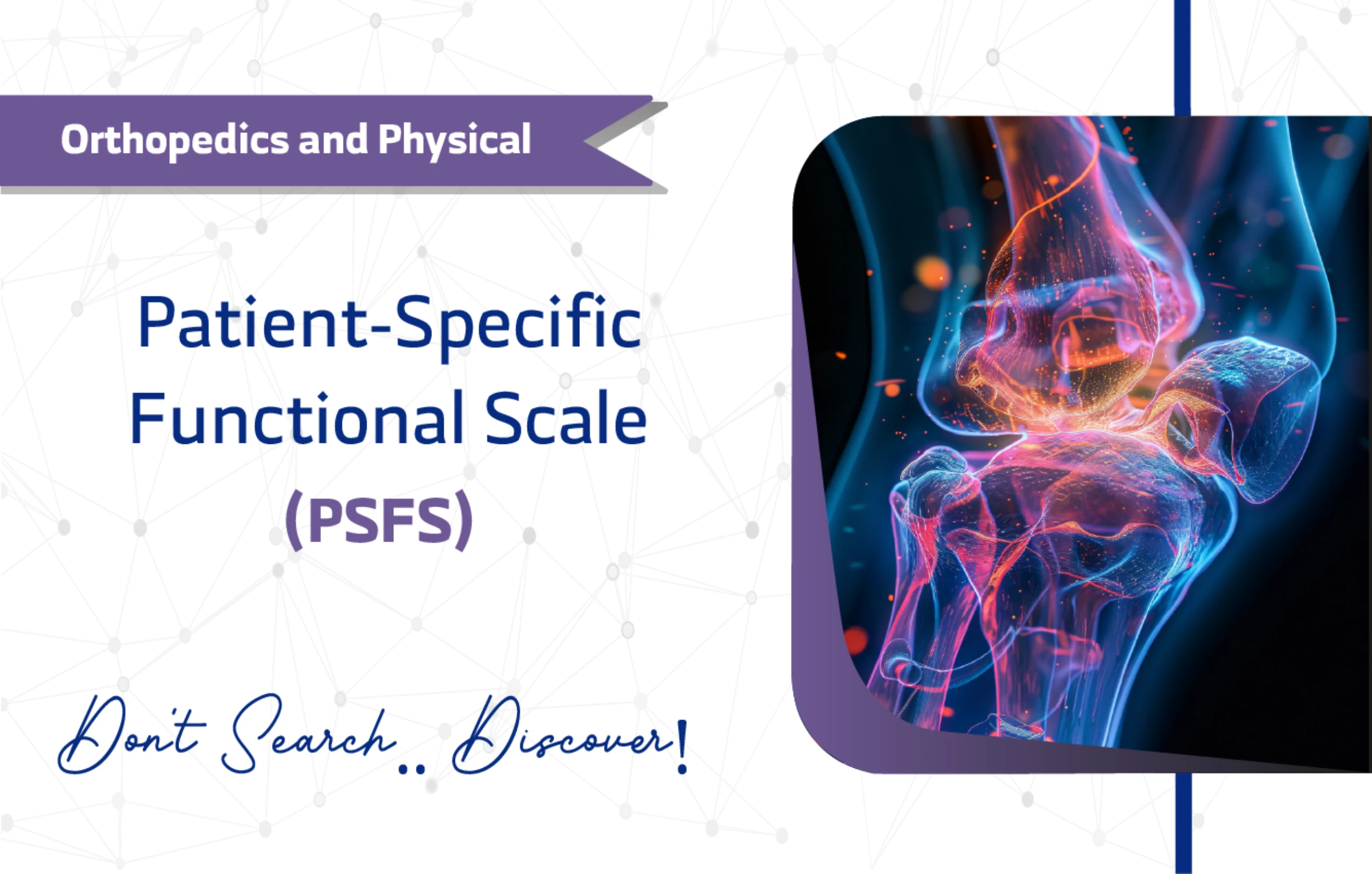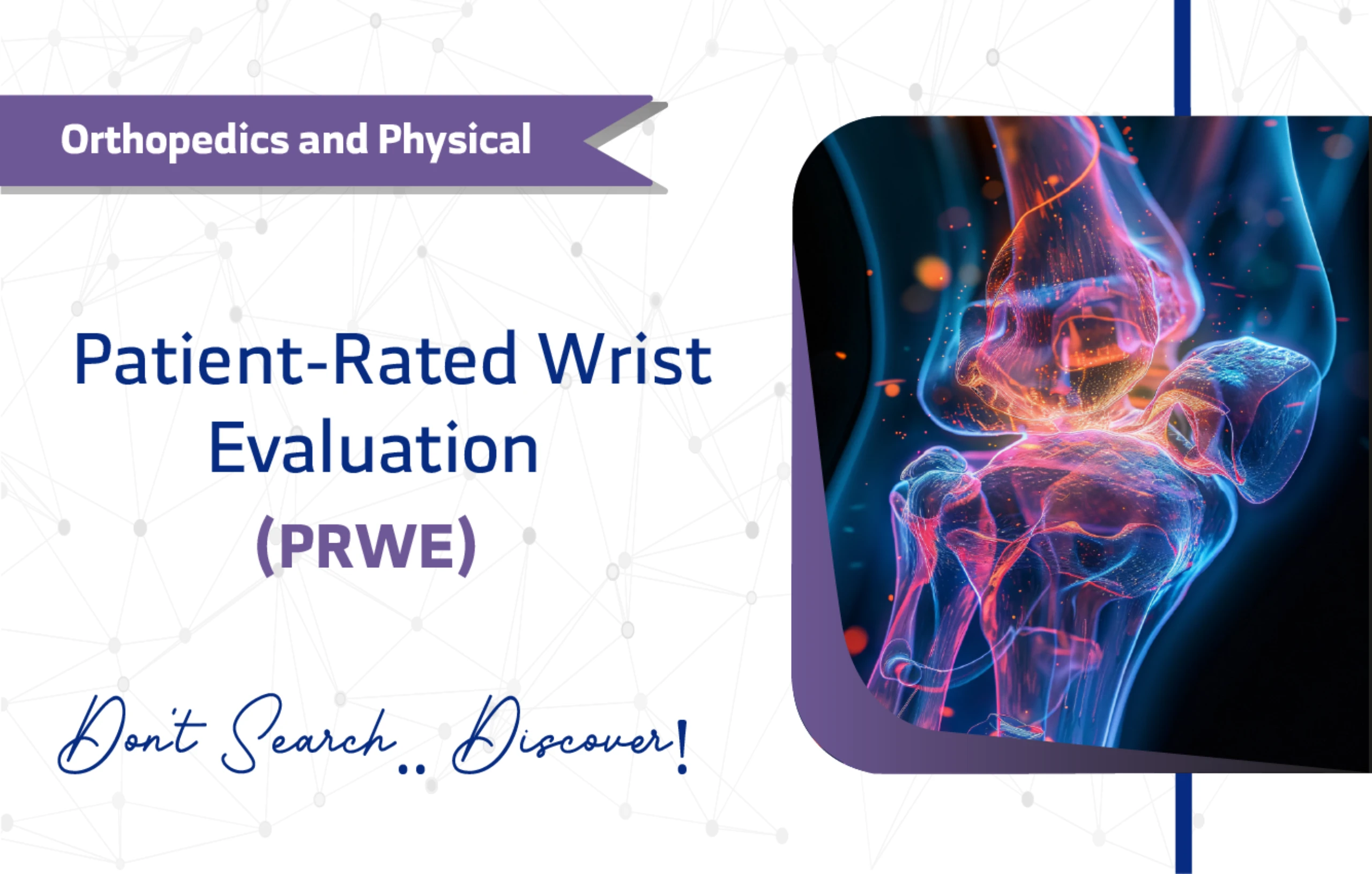Introduction
The Injustice Experience Questionnaire (IEQ) actively serves as a vital self‑report tool to evaluate perceptions of injustice following an injury or in chronic pain contexts. In 2008, Michael J. L. Sullivan and his team developed this questionnaire, which offers profound insights into patients’ feelings of blame, unfairness, and the severity or irreparability of their loss. Published by Springer Nature, the IEQ has rapidly gained recognition as a standard in psychological assessment, particularly in pain research, with over 480 citations on Google Scholar.
Consequently, its focused approach enables researchers and clinicians to reliably quantify how a patient’s sense of injustice affects recovery and well‑being. This article comprehensively explores the IEQ’s key features, scoring methods, psychometric properties, and clinical applications, providing an essential resource for professionals.
Key Features of the Injustice Experience Questionnaire (IEQ)
Purpose and Use
The IEQ actively measures perceived injustice related to chronic pain or injury through a self-report format. By targeting psychological distress, it captures patients’ feelings of blame, unfairness, and the perceived severity or irreparability of their condition. Therefore, it functions as a critical tool for identifying psychological barriers to recovery and guiding targeted interventions.
Target Population
The IEQ primarily targets adults, with normative data available for individuals aged 20–55. It suits young adults (18–24), middle-aged adults (25–44), older adults (45–64), and seniors (65+). Initially, developers designed and applied it to individuals with injuries from occupational or motor vehicle accidents; however, its use has significantly expanded, and now it primarily serves chronic pain and injury populations.
Structure
The IEQ focuses on constructs within the domain of Psychological Distress, specifically targeting Pain-Related Cognitions. Its 12 questions address themes of perceived injustice, including Blame, Unfairness, Severity, and Irreparability. For scoring, the questionnaire organizes into two primary subscales:
Blame/Unfairness (6 items)
Severity/Irreparability (6 items)
Each item presents a statement, and respondents rate the frequency of such thoughts on a 5-point Likert scale. Moreover, the questionnaire’s brevity, requiring less than 5 minutes to complete, enhances its practicality in busy clinical and research settings.
Scoring Method
The IEQ employs a 5-point Likert scale for each of its 12 items, with responses ranging from 0 (“never”) to 4 (“all the time”). To calculate the scores:
- Total Score: The total score is computed by summing the responses to all 12 items, with a possible range of 0 to 48. A higher score signifies a greater degree of perceived injustice. Research indicates that a total score of 30 or higher represents a clinically relevant level of perceived injustice.
- Subscale Scores: Scores for the two subscales are calculated by summing their respective items:
- Blame/Unfairness: Sum of items 3, 7, 9, 10, 11, and 12.
- Severity/Irreparability: Sum of items 1, 2, 4, 5, 6, and 8.
Administration Format
The IEQ operates as a self-administered tool requiring no specialized training. Its versatility allows administration in multiple formats, including:
Paper-based forms
Digital (online) platforms
In-person interviews
Phone or video calls
Applications of the Injustice Experience Questionnaire (IEQ)
The IEQ proves versatile, offering numerous applications in clinical practice and research.
Screening: It effectively identifies patients with elevated perceived injustice, who face risks of poor recovery outcomes.
Monitoring: Clinicians actively track changes in patients’ psychological states over time or in response to interventions using the IEQ.
Treatment Planning: Insights from the IEQ guide tailored psychological and rehabilitative treatments to address specific maladaptive cognitions.
Research: With robust psychometric properties, the IEQ supports studies exploring injustice in pain experiences and evaluating new treatment efficacy.
Languages and Availability
The IEQ is free for research use, though users should verify specific licensing requirements for other applications. It operates under a proprietary license that can vary by use case; some versions are open‑access, while others may require permission. This multilingual accessibility makes it a valuable tool for global research collaborations. The questionnaire is available in numerous languages, including:
- Arabic
- English
- Mandarin Chinese
- Spanish
- French
- German
- As well as Japanese, Farsi (Persian), Brazilian Portuguese, Norwegian, Hebrew.
Reliability and Validity
The IEQ is recognized as a highly reliable and valid instrument for measuring perceived injustice. Its psychometric strength is underscored by an excellent internal consistency, with a Cronbach’s alpha of 0.92.
Validation Studies:
Numerous studies have validated the IEQ across different languages and populations, confirming its robustness. Key studies include:
Limitations and Considerations
Despite its strengths, the IEQ has limitations.
Self-report measure: As a self-report tool, its responses remain subjective, potentially influenced by factors like mood or recall.
Social Desirability Bias: Respondents might provide answers they view as socially acceptable rather than fully truthful ones.
Other Versions and Related Questionnaires
To address diverse research needs, developers created alternative IEQ versions.
Daily Injustice Experience Questionnaire (D-IEQ): This adaptation captures daily fluctuations in injustice perceptions. Learn more about the D-IEQ here.
IEQ Short Form (IEQ-SF): A concise version for time-constrained settings. Find more details on the IEQ-SF here.
Complementary Questionnaires
The IEQ often pairs with other tools to create comprehensive patient profiles, including:
Pain Catastrophizing Scale (PCS)
Hospital Anxiety and Depression Scale (HADS)
Beck Depression Inventory (BDI)
Pain Disability Index (PDI)
Tampa Scale for Kinesiophobia (TSK)
Additional Resources
- A direct link to the Original Validation Study.
- You can access the questionnaire as a PDF through this link.
- For inquiries, contact Michael J. L. Sullivan at michael.sullivan@mcgill.ca.
- For additional IEQ resources, consult its publisher, Springer Nature.
Frequently Asked Questions (FAQ)
- Who can use the IEQ?
Clinicians, researchers, and healthcare providers actively use the IEQ for adults aged 18 and older with chronic pain or injuries. - How long does it take to complete the IEQ?
Patients typically complete it in under 5 minutes, making it practical for clinical and research settings. - How is the IEQ administered?
Healthcare teams flexibly administer it via paper, digital platforms, in-person interviews, or phone/video calls. - Is there any cost to using the IEQ?
The IEQ is generally free for research, but users should confirm licensing details, as some uses may require permission.
A Word from ResRef about the Injustice Experience Questionnaire (IEQ)
The Injustice Experience Questionnaire (IEQ), a 12-item self-report tool, actively assesses perceived injustice in individuals with chronic pain or injuries. It evaluates two key factors: severity/irreparability of loss and blame/unfairness, with each item rated on a 0–4 Likert scale, totaling 0 to 48. High scores correlate with increased psychological distress, greater disability, and poorer treatment outcomes, making it valuable for identifying at-risk individuals. Moreover, its excellent reliability and validity across diverse populations, including those with spinal cord injuries and chronic pain, enhance its utility. Available in multiple languages, the IEQ supports clinical and research efforts to inform treatment planning and monitor progress.
References
- Sullivan MJ, Adams H, Horan S, Maher D, Boland D, Gross R. The role of perceived injustice in the experience of chronic pain and disability: scale development and validation. J Occup Rehabil. 2008 Sep;18(3):249-61. doi: 10.1007/s10926-008-9140-5. Epub 2008 Jun 7. PMID: 18536983. Link
- Niederstrasser, N., Steiger, B., Welsch, K. et al. Deutsche transkulturelle Übersetzung des Injustice Experience Questionnaire. Schmerz 32, 442–448 (2018). Link
- M.A. Alotaibi, A.S. Alhowimel, F.A. Alodaibi, D. Alimam, M.A. Alshehri, R.K. Elnaggar
Translation and adaptation of the Arabic version of the injustice experience questionnaire in patients with chronic musculoskeletal pain. Link - Sullivan, M.J.L., Adams, H., Yakobov, E. et al. Psychometric Properties of a Brief Instrument to Assess Perceptions of Injustice Associated with Debilitating Health and Mental Health Conditions. Psychol. Inj. and Law 9, 48–54 (2016). Link
- Sturgeon J, Seward J, Rumble D, Trost Z. Development and validation of a daily Injustice Experience Questionnaire. Eur J Pain. 2021; 25: 668–679. Link









4 thoughts on “Injustice Experience Questionnaire (IEQ): A Full Guide for Researchers and Clinicians”
The article’s logical flow and crystal-clear segmentation provide an exceptional reading experience, allowing researchers to quickly grasp both the context and the critical technical details with ease.
very interesting information!
d I to find it very troublesome to inform the reality that I will definitely come again again.
Thanks for sharing. I read many of your blog posts, cool, your blog is very good.